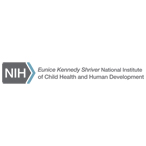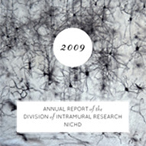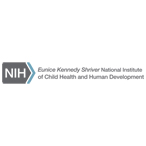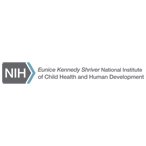Backgrounder: Myelomeningocele
Myelomeningocele (MY-ell-oh-men-NING-guh-seal) is the most severe form of spina bifida, a birth defect in which the spine does not fully close around the spinal cord. With myelomeningocele the spine protrudes through the opening of the spinal column and may be enclosed in a fluid-filled sac. Spina bifida belongs to a class of birth defects called neural tube defects, which affect the brain and spine. The exposed spinal cord is susceptible to injury, which may result in weakness and





 BACK TO TOP
BACK TO TOP